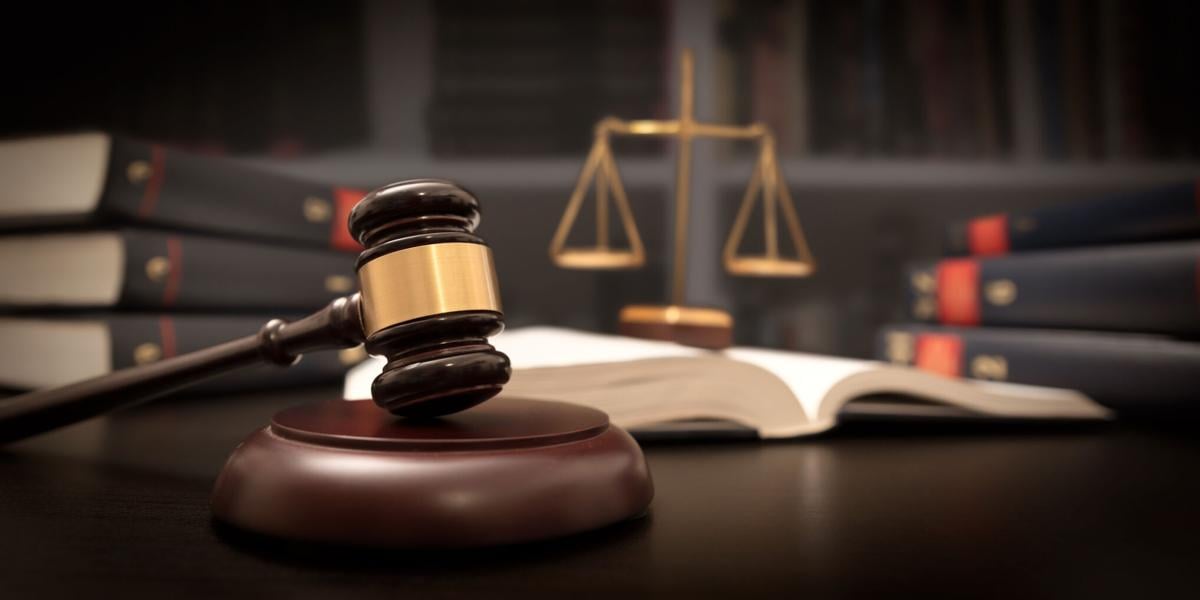PHOENIX — An organization with liberal leanings is making a last-ditch effort to keep three candidates allegedly involved in the Jan. 6 riot at the U.S. Capitol off the ballot in Arizona.
The trial judge got it wrong last week when he concluded he has no legal right to keep Reublicans Mark Finchem, Andy Biggs or Paul Gosar off the ballot regardless of whatever they may have done that day and in the days and weeks leading up to people storming the Capitol to try to block certification of the 2020 election results, James Barton, the attorney for Free Speech for People said in new filings with the state Supreme Court.
Arizona law specifically permits anyone to challenge a candidate “for any reason relating to the qualification for the office sought as prescribed by law,” Barton told the justices. And he cited a 2010 ruling by the state Supreme Court which said this includes whether a candidate “does not meet the statutory or constitutional requirements for the office sought.”
That list, Barton said, includes the requirements in the U.S. Constitution. He said it applies to a provision of the 14th Amendment, passed in the wake of the Civil War, which denies both federal and legislative office to anyone who “shall have engaged in insurrection or rebellion” against the United States.
And Barton said there can be no question about whether what happened that day — activities he said the trio were involved in at least in planning — fits the definition of an “insurrection.” He pointed out that Congress itself called it that when it awarded congressional gold medals to Capitol police who “protected the U.S. Capitol … from a mob of insurrectionists.”
The high court will get the last word on whether Finchem can be a candidate for secretary of state or whether Biggs and Gosar can seek another two-year term in the U.S. House.
Much of what Barton says in the new filing with the Supreme Court is a repeat of what he told Maricopa County Superior Court Judge Christopher Coury.
He said Finchem coordinated with others to advance a scheme orchestrated by Donald Trump to introduce a slate of false electors who would vote for the president and not Joe Biden as the election results in their states required. Barton said that Finchem then went to Washington the week of Jan. 6 “to bring that plan to fruition,” and that he raced from the planned rally near the White House to the Capitol after he heard it was being stormed.
“He knew he was racing toward an unlawful act,” Barton said. “Instead of turning back, he joined the crowd as it breached the Capitol building, took a photo of the crowd, and posted the photo online with words of encouragement.”
And he said that Biggs and Gosar helped plan the rally and promoted a plan to prevent Congress from certifying the 2020 vote. Finchem and Biggs have said nothing they did disqualifies them from running for office.
What is new is his claim is saying that Coury was wrong when he concluded that courts can remove someone from the ballot only if that person does not meet the qualifications set by state law. And Coury said that’s doubly true for Gosar and Biggs, saying only Congress can decide the qualifications of their members.
“There is nothing novel about the proposition that states can disqualify candidates for public office, including federal office, on the basis that they fail to meet applicable constitutional requirements,” Barton wrote.
For example, he cited a 2012 federal appellate court ruling that Colorado was permitted to exclude a candidate from the ballot for the presidential election because he was a naturalized citizen and not a “natural born citizen” as the U.S. Constitution requires.
“A state’s legitimate interest in protecting the integrity and practical functioning of the political process permits it to exclude from the ballot candidates who are constitutionally prohibited from assuming office,” wrote then-Judge Neil Gorsuch who has since been tapped for the U.S. Supreme Court.
And in 2014 the 9th Circuit Court of Appeals concluded California could refuse to place the name of a 27-year-old candidate on the presidential ballot as the U.S. Constitution says the chief executive must be at least 35.
Barton said the constitutional provision about those who participate in insurrection is no different. Nor does he believe it runs afoul of the ability of Congress to determine who is qualified to serve — once they are elected.
He also urged the justices to reject the claim that an 1872 federal law granting amnesty from the 14th Amendment disqualification clause to those who fought for the Confederacy also means that Congress meant that to apply prospectively to acts of insurrection in the future.
Barton said that a federal court in Georgia rejected identical arguments presented by Georgia Congresswoman Marjorie Taylor Greene who is fighting a similar effort there to keep her off the 2022 ballot.
The justices have said they will decide the issue without a formal hearing.





